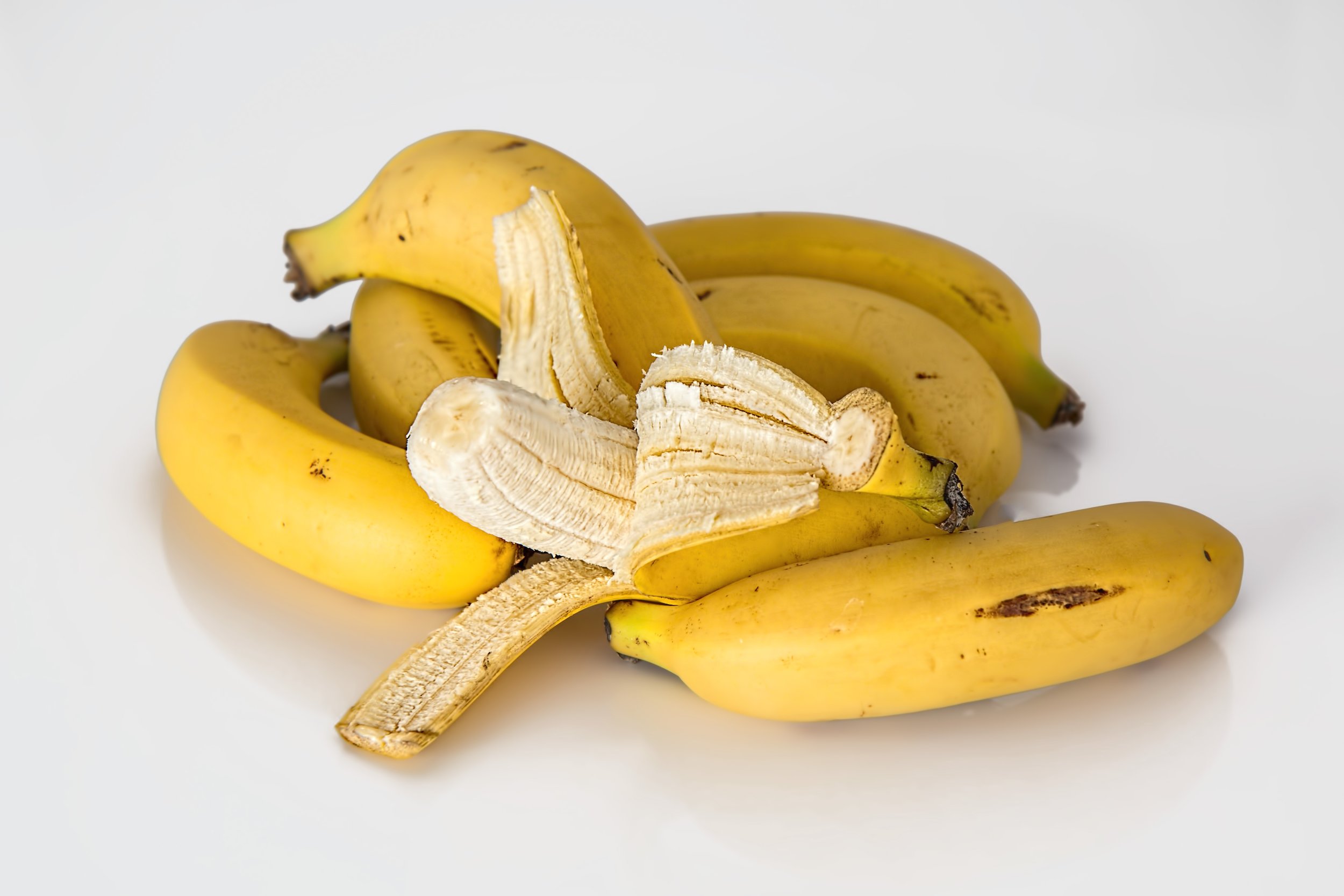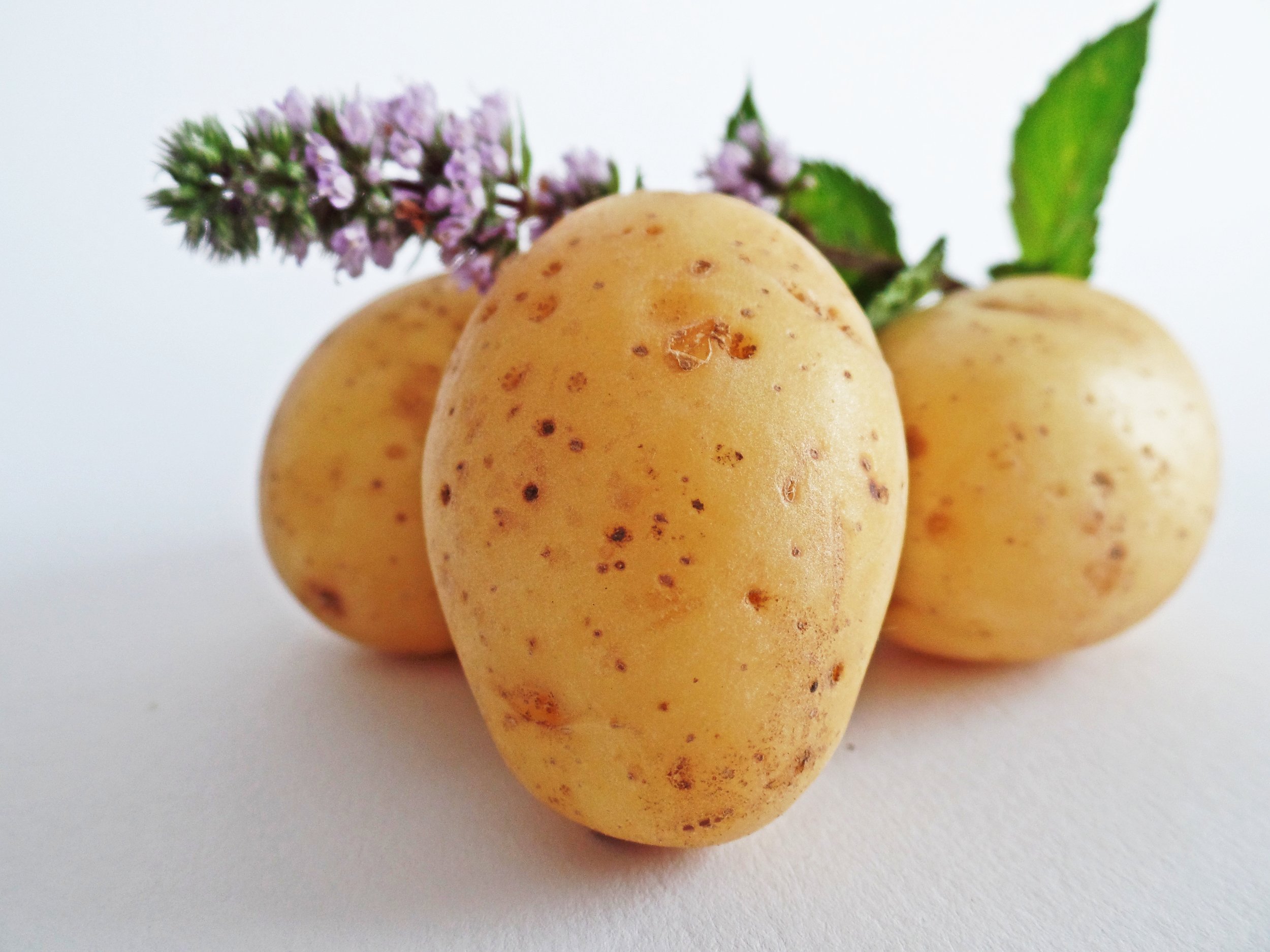Nutrition and Pancreatic Cancer
The American Cancer Society estimates that about 53,670 people will be diagnosed with pancreatic cancer this year. Because of the complex nature of pancreatic cancer and its treatment – including surgery, chemotherapy and possibly radiation therapy, people with pancreatic cancer are often at high risk for nutritional complications.
John Hopkins pathology, John Hopkins University
The pancreas is an organ situated behind the stomach. It is made up of the head, body and tail. There are two main types of cells in the pancreas:
Exocrine cells – these cells form exocrine glands that make pancreatic enzymes. These enzymes are released into the intestines to help digest foods (especially fat).
Endocrine cells – these cells are in clusters called islets of Langerhans. The hormone insulin is made by these cells. Insulin helps control blood glucose (sugar) levels.
Both the exocrine and endocrine cells of the pancreas can form different types of tumors.
Exocrine pancreatic cancer – these are the most common type of pancreatic cancer
Pancreatic adenocarcinoma – about 95% of exocrine pancreatic cancers are adenocarcinomas
Less common exocrine pancreatic cancers – squamous cell carcinoma, adenosquamous carcinoma, signet ring cell carcinoma, ampullary cancer
Endocrine pancreatic tumors – less common, less than 5% of all pancreatic cancers. Called pancreatic neuroendocrine tumors, these can be benign (not cancerous) or malignant (cancer).
The cancer itself as well as cancer treatment may affect a person’s appetite and how the body digests, absorbs and uses food. Many of the long-term nutrition consequences of pancreatic cancer are due to surgical resection affecting parts of the gastrointestinal tract or symptoms related to pancreatic exocrine insufficiency (PEI). PEI refers to inadequate pancreatic enzyme activity because of insufficient production, activation or early degradation of pancreatic enzymes. This may lead to difficulty digesting and absorbing nutrients.
Signs and Symptoms of Pancreatic Exocrine Insufficiency (PEI)
Abdominal cramping, especially after meals
Abdominal bloating
Excessive gas
Fatty or oily stools
Foul-smelling stools
Floating stools
Stools that are light in color
Loose stools
Unexplained weight loss
Good nutrition for those with pancreatic cancer can help people:
Feel better
Keep up their strength and energy
Tolerate treatment-related side effects
Lower the risk of infection
Recover and heal from surgery
Eating well means eating a variety of foods that will provide the nutrients needed to protect health while fighting cancer.
Nutrition Tips For Pancreatic Cancer
Eat small, frequent meals (about 6 small meals/snacks through the day are often better tolerated than 3 large meals)
Include quality protein sources. Protein needs may be increased, especially after surgery (see Increasing Protein for suggestions)
Don’t drink a lot of liquids with meals. Coffee, tea and other non-caloric beverages fill you up and keep you from eating foods. But, drink plenty of fluid! Try drinking a glass of fluid such as water after each meal or snack.
Be active. Getting some light activity such as a short walk or yoga may actually increase your appetite.
Avoid alcohol
If extra calories are needed, choose healthy high-calorie foods such as nuts, nut butter, avocados and olives. Liquid nutritional supplements may also be used for additional calories.
Eat in a pleasant, relaxing atmosphere. We “eat” with our eyes too. Garnishes, an attractive table setting and eating with a friend or family member can make mealtime more enjoyable.
Try to include at least 2 ½ cups of fruits and vegetables each day.
Ask your healthcare team if any vitamin/mineral supplements are indicated (be sure to inform your team if you are taking any vitamin, mineral or herbal supplements).
People with pancreatic exocrine insufficiency (PEI) are often treated with pancreatic enzyme replacement therapy (PERT). These enzymes replace the enzymes the pancreas is no longer producing. PERT is dosed and adjusted based on an individual’s fat intake, symptoms and bowel function. The enzyme dose should be divided and taken throughout the meal (if taking more than one dose) to ensure that they are mixed with food to promote optimal digestion and absorption. Pancreatic enzymes may not be as effective if taken at the same time as iron supplements or antacids (be sure to take with a pharmacist about any medication interaction concerns).
Diarrhea is a common side effect after surgery for pancreatic cancer, with pancreatic exocrine insufficiency and with certain types of chemotherapy and medications. Certain foods have been shown to worsen diarrhea. There are also some foods that can help manage diarrhea.
Foods that worsen diarrhea
High fat foods and fried foods. These include food such as gravies and sauces, sour cream, cream cheese, cream and butter.
Foods high in insoluble fiber such as whole-grains, the peel/skin on fruits, and raw vegetables. (note: soluble fiber may actually help diarrhea)
Dairy products, if lactose-intolerant
Gas-forming foods such as cabbage and onions, beans and carbonated beverages. If drinking carbonated beverages, leave open for at least 10 minutes before drinking to help reduce carbonation.
Foods high in sugar. Simple sugar intake may cause dumping syndrome – after intestinal surgery, food may empty the stomach quickly ("dump" into the intestines) and cause feelings of low blood sugar (sweating, faintness, flushing) and diarrhea occurring 30 minutes to 2 hours after eating. This is more common in those who have had surgical resection of parts of the stomach and/or upper intestine.
Foods with sugar alcohol such as some sugar-free foods, sugar-free gun, etc. The sweetener used in these products, sorbitol, may cause diarrhea.
Very hot or very cold drinks
Avoid spicy foods if they worsen your diarrhea.
Foods to help when experiencing diarrhea
Foods high in soluble fiber such as oats, and foods with pectin such as peeled apples, applesauce, bananas and peaches.
Foods with probiotics such as yogurt, buttermilk and cottage cheese
Plenty of non-caffeinated fluids to help replace those lost from diarrhea
Foods and liquids containing sodium and potassium. These substances are lost with diarrhea. Foods high in potassium include bananas and potatoes.
Low fat foods
Snack on dry, salty foods, such as crackers or toast.
Sources: American Cancer Society, Pancreatic Cancer Action Network
(Information provided is not a substitute for medical advice, diagnosis, treatment or other health care services.)





